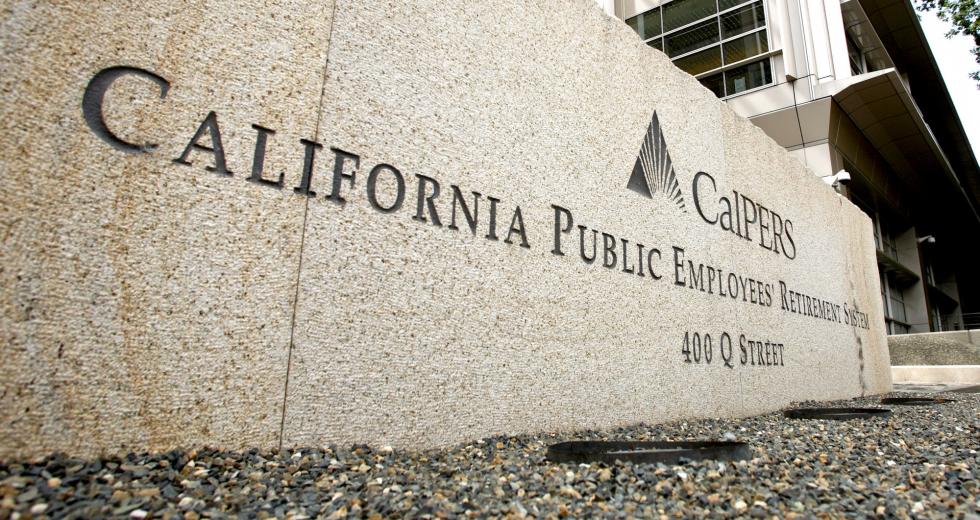The California Public Employees’ Retirement System, the largest U.S. pension fund, is weighing a policy to urge companies in which it invests to disclose sexual-harassment settlements.
The pension system, which has about $350 billion in assets, would add the language to its corporate-governance policy amid growing fallout from the #MeToo movement, which has led to the ouster of executives who engaged in sexual misconduct and reached secret settlements in entertainment, travel and the news media among other industries.
“CalPERS supports settlements, including sexual harassment, involving an executive or member of the board to be disclosed,” according to the proposed language posted this week on its website. The proposal calls for corporate directors to ensure that all settlements are disclosed to boards and that material settlements are publicly disclosed, including those involving harassment.
The state pension system owned about $32.9 million of Wynn Resorts Ltd. shares, which tumbled in January after the Wall Street Journal reported founder Steve Wynn allegedly harassed numerous women and paid a $7.5 million settlement to one of them. Movie producer Harvey Weinstein’s company filed for bankruptcy protection after accusations against him surfaced.
“Clearly, there’s some investment linkage there,” CalPERS Board President Priya Mathur, who suggested adding harassment language, said at a March meeting. Mathur didn’t reply to an email seeking comment Tuesday. Calpers spokeswoman Megan White declined to comment.
Proxy Votes
The Sacramento-based pension system will review the proposal at an April 16 meeting.
CalPERS, which has about 71 percent of its long-term liabilities funded, has struggled to balance investment goals with pressure to be socially responsible. It has been among the most vocal institutional investors using its proxy votes to support environmental, social and governance issues.
“It’s not surprising to see CalPERS leading the way in the demand for transparency,” said Erika Karp, founder and chief executive officer of Cornerstone Capital Group, which manages about $1 billion for institutional and high-net-worth investors. “They have in the past been very proactive and progressive.”



